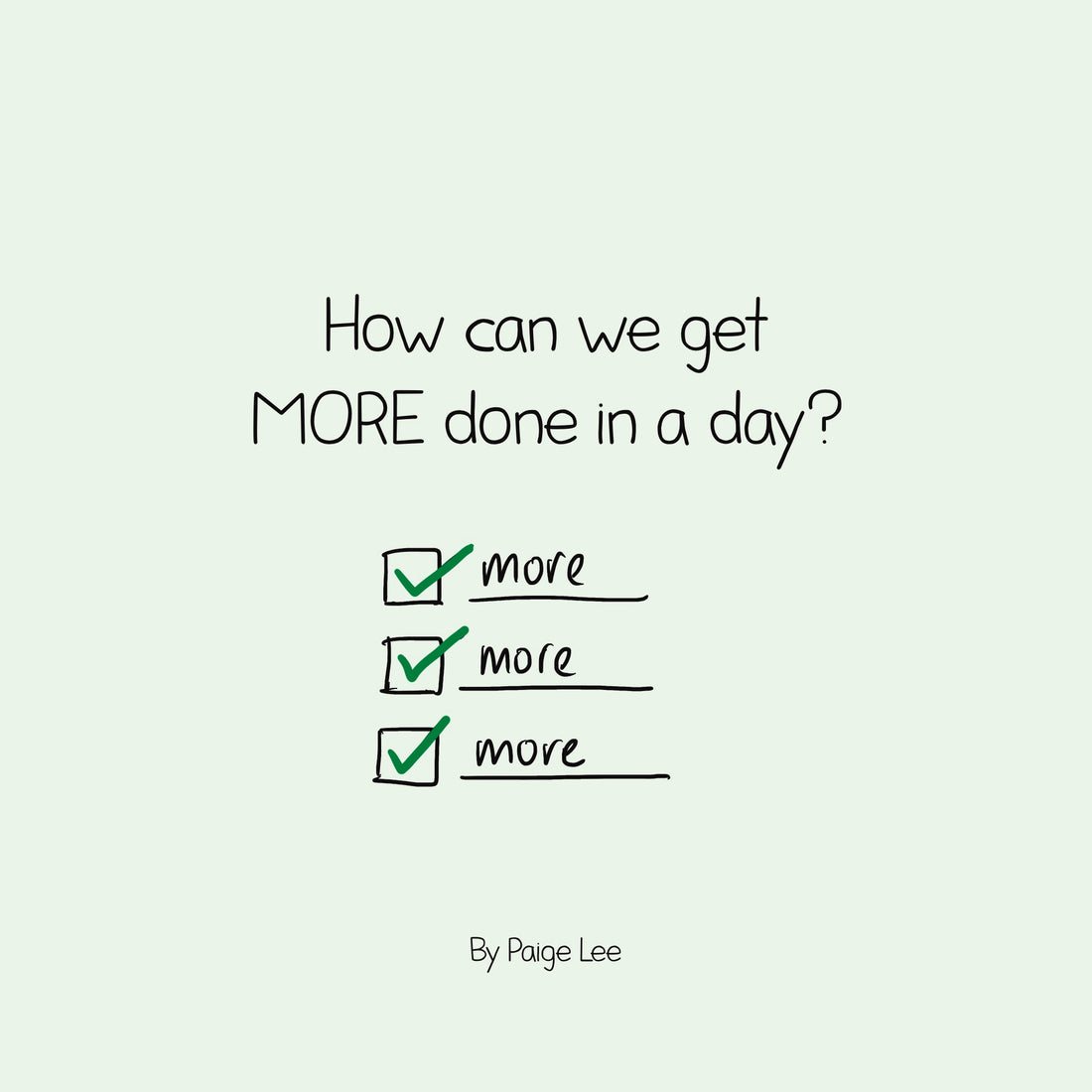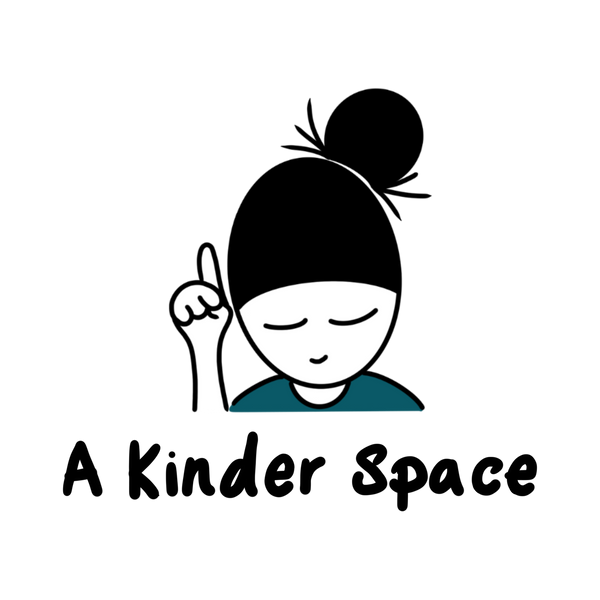
How can we get MORE done in a day?
分享
Everyone of us has 24 hours a day, no less, no more. Why is it that some people can get so much done in a day, while others struggle to complete their tasks from last week or still feeling unaccomplished after a long day at work.
There are easily tons of things on our mind each day, errands to run and endless items on our to-do list, some from work, some are personal, some are what we 'hope' we have time to do eventually. There are so much that needs to be done. This messy brain of ours certainly needs some marie kondo-ing.
If we HAVE the luxury of time (which we obviously don't, and that's why you're reading this article), we would be spending our time sorting out our to-do list, prioritising them using different methods, scheduling every single item on our to-do list and proceeding to Eat That Frog or use the Pomodoro Technique to conquer our list for the day. There are also 101 techniques out there that could help us to systematize the clutter in our brain, for instance the GTD method or rummaging through articles that list different ways in which we can declutter our minds.
But honestly, we don't have time for decluttering on some days, do we? Nor the time to sit and meditate and clear our minds and prioritise what needs to be done. Everything is urgent, and everyone is waiting for us to reply their emails, get back to them on their enquiries, return that call, or meet those deadlines (which some don't even belong to us).
We're overwhelmed. Every single day. Whether you're a working professional, freelancer, stay-at-home-parent, small business owner or student, we're simply overwhelmed by the number of things we have to do each day.
So, how can we get MORE done in a day? To answer this question, we have to first ask ourselves - What do we WANT to get done for the day?
'Want' not 'need'. You might be wondering - shouldn't we focus on what needs to be done? It's a tough one, because everything needs to be done. Everyone needs our time, our response or our attention. So, how can we do it all?
We have to re-focus on what we WANT to do, and while we get that 'want' done for the day, we will feel more accomplished then simply checking the items off our to-do lists.
It takes time and intentional effort to really sieve through your list of errands and tasks to decide which are the many ones that deserves highest priorities. And even if you managed to do so, there'll be countless disruptions and distractions that come your way as you diligently strike off the to-do list one item at a time. It may work but you'll most likely feel exhausted by the end of the day, without feeling accomplished.
When we identify the one (or maximum two) item(s) that we WANT to do for the day, we're being intentional about what matters to us, focusing our attention and making conscious decisions rather than letting the day slip away as we go through the motion.
Wait, does that mean, that's the only thing I do for the day? Of course not.
So, how does this work?
- Identify what you WANT to do for the day. It should be something that is either most pressing, brings about most fulfilment, most impactful or meaningful to you (largely depends on your mood of the day or circumstances that you're in)
- After identifying the task that you WANT to do for the day, you'll schedule a time slot to complete this task. It should not be a task that takes less than an hour to complete nor a task that takes hours.
- Next, we have a life a lead, errands to run and people to please (ok, I don't mean this in the literal sense or maybe I do). We still have a list of mundane tasks that needs to be done. We'll then schedule all these tasks to fill up our day.
There are two important concepts that we have to bear in mind when scheduling our 'want to do' and other mundane tasks.
1) Our energy levels throughout the day is not the same
The New York Times best-selling author Daniel Pink studied the best time for focusing on particular activities. He said, “My peak, which means the time that I am most vigilant, the time that I am least distractible, the time that I am most focused, tends to be in the morning. So, when I'm writing books, or anything of any length, I sequester the morning and work only on that and then do my other work other times of day."
We need to observe, monitor and track how we work and when we work best.
2) Our productivity is not linear
“Research shows people’s productivity is not linear,” says Elizabeth Tenney, an assistant professor at the University of Utah’s Eccles School of Business who has written about time pressure and productivity. “When people sit down to do a task, they’ll put in a lot of effort initially. At some point there’s going to be diminishing returns on extra effort. To optimise productivity, you need to maximise benefits and minimise costs and find that inflection point, which is where you should start to wrap up.”
We need to schedule time for breaks and rest.
If you're thinking...will this really work?
I believe so, if you've rightly identified the task that you truly WANT to complete. We're tricking our brains in a way. Giving ourselves something to look forward to without being bogged down by mundane tasks, and being intentional about how we want to spend our time. That alone will make us feel like we've done MORE for the day. Essentially, it's not about getting MORE done in terms of quantity but rather the quality of what you set out to achieve for yourself. It's also a lot of trial and error, some days it may work just fine, some days it may not. Nonetheless, at least it's a simple technique that you can use anytime you feel overwhelmed.
